Yes, it’s a little late, but this year’s rundown is still fresh. And so much good music this year. Here are my picks.
Best Electronic Album
Moderat – II
This is the album I listened to most this year. Moderat is a Berlin-based trio consisting of Modeselektor and Apparat, and they run this album confidently. On “Versions”, they bring the mood down so steadily that you may not notice it until the drum fill brings it back up. “Bad Kingdom” deserves all the attention it’s gotten, but also check out “Let In the Light”.
Honorable Mench:
Jon Hopkins — Immunity
If you listen to some of his early work, you may be surprised to find it a little on the new age side of ambient. Not anymore. He’s found his edge, and lost none of his songwriting talent. Immunity is jagged and beautiful, and Hopkins can work the Kaoss pads like a maniac. Very enjoyable live show, too. Here he is at the Boiler Room.
Best Unguilty Pleasure
Lorde — Pure Heroine
I was lucky to come into this album knowing nothing about it, beyond the barest mention of its 16-year-old New Zealand protagonist. I had no idea of its origin, its intended audience; in short, where the album was situated socially. Thank goodness; it freed me up to listen to the music. And musically, I’m still amazed by it. It’s cool, electronic, and minimal. It glitters, but it’s a shimmering of stars, not makeup on eyelids. What’s most amazing about it, though, is how easy she makes it look. Ten unhurried, effortless songs. Check out that shadowy choral part on ‘White Teeth Teens’ or the misty opening to ‘Buzzcut Season’.
Now, of course, I’ve heard ‘Royals’ a hundred times like everyone else (and in fact I was surprised to hear ‘Team’ at the grocery store). I suppose it’s too pop. So what. I don’t care who this album’s for, or if Lorde is supposed to be Ke$ha without the alcohol, or Miley by way of Fiona Apple, or whatever. Most of the music aimed at me isn’t as good as this. I’m an unironic Lorde enjoyer, and I can’t wait to hear what she does next.
Best Psychedelia
Unknown Mortal Orchestra — II
This is kind of psychedelic-sounding but with a light touch. Combine light falsetto vocals with psychedelic guitar and a drummer who loves his fills and breaks, and you’ve got it. Can’t believe how catchy this is. See if you don’t agree.
Song of the Year
Tycho – “Awake”
This should finally put those Boards of Canada comparisons to rest. Not that it’s a bad comparison, or that it wasn’t deserved, but Tycho has come a long way since following in the spangly decayed template that BoC laid out years ago. This time, the guitar is doing the rhythmic driving, with Tycho’s signature analog touches coming in to add flavour. Such smooth. Wow. Can’t wait for the album, due out on 18 March 2014.
Honourable Mench:
Bibio – “À tout à l’heure”
I’ve always been off and on with Bibio, but Silver Wilkinson is where he finally hits the mark for me. And this break-out track has earned its place all over the indie airwaves.
Best Album from Last Year That I Missed
Deerhoof — Breakup Song
Deerhoof has always packed 20 ideas into a song, and this means that the album takes a little longer to get into, for each songs to let its character be felt. For this album, it’s worth it. It’s still a high-energy noise pop album, but Deerhoof sounds more polished and focused than on previous albums. Check out that nod to Perez Prado on ‘The Trouble With Candyhands”.
And if you’re curious, here’s an interview I did last year with drummer Greg Saunier.
Album of the Year
The Paper Kites — States
It was worth the wait. I was really to call this talented Melbourne five-piece the second coming of the Lilac Time, but there’s a lot more to this band’s sound than their previous EPs would lead one to believe. They’ve added touches of rock here amongst the folk — a somewhat controversial choice that works — and lovely swirling orchestral arrangements besides.
The word that fits this album is ‘beautiful’. It’s actually so beautiful that I don’t like to listen to it too much. At times, it demands a careful listening. You don’t so much listen to it as you are In Its Presence. I think they’ve really found their sound, and they deserve all your listens.


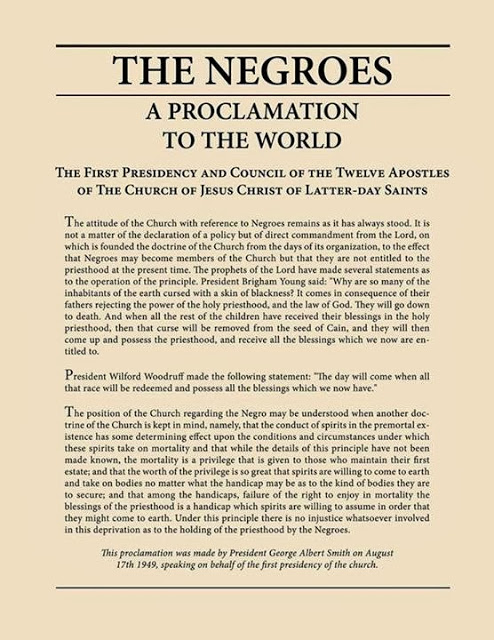




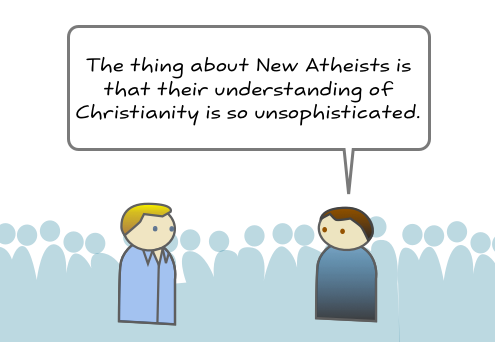


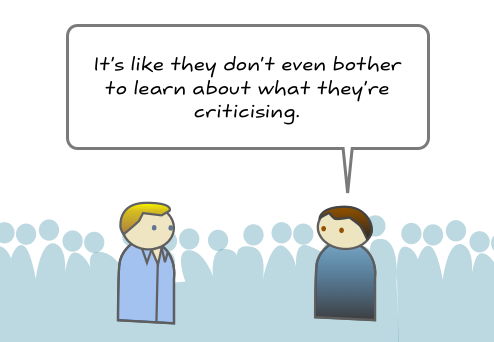
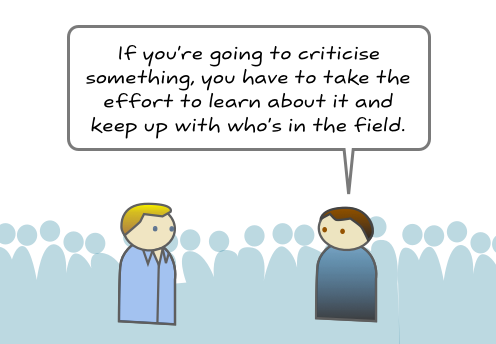
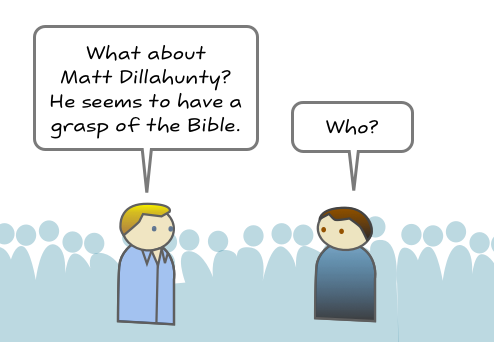
Recent Comments